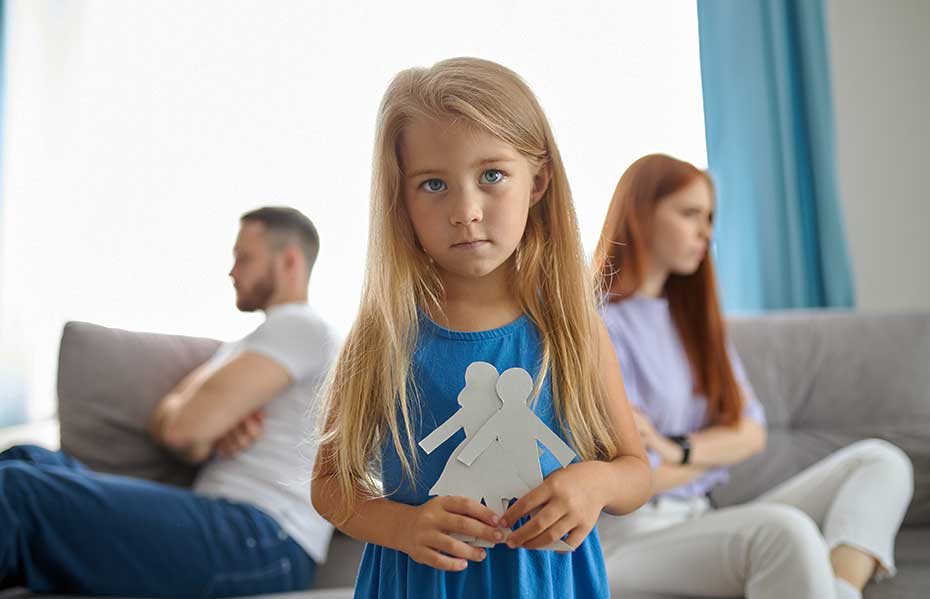


A common misconception about family law is the age at which a child can decide where they will live. Frequently the answer that comes from new client is 12 years of age. Where this comes from is unknown, but it certainly is not true in the case of family law parenting disputes.
The reality is that there is not a set age at which a child can decide where they will live. In fact the age can vary from case to case as each situation is different.
The family courts are guided by the Family Law Act in making decisions about a child. The paramount concern is that all decisions made must be in the child’s best interests. S60cc of the Family Law Act sets out many factors that a court must consider in deciding what is in a child’s best interests. The views of the child are not even the first or second considerations that a court has to consider. The primary considerations of a court under the legislation are:
The views of the child are part of a much longer list of additionalconsiderations that follow after protecting the child and the child having a relationship with both parents in deciding what is in a child’s best interests.
Age is only one factor that a court will consider in deciding how much weight to give to a child’s views. In deciding how much weight to give a child’s views the court will weigh up factors such as:
The court’s first priority will be to focus on maintaining a child’s relationship with both parents, providing there are not any safety issues. A courtwill then consider the views of the child weighing the factors already mentioned above.
Children are protected in the court process; they do not have to testify or be cross examined to find out what their views are. In our family court system, a child’s views are provided to a court through a family report. An accredited professional such as a social worker or a psychologist interviews the child and provides the court with an independent report.
This report will include the child’s views as well as an assessment of their maturity level, whether they are able to understand the impacts of the decisions they wish to make and whether they have been influenced by others. The report writer will ask the child questionsabout what they want, and why. The report writer will also interview the parents and other siblings and present a report to the court which makes recommendations about where a child should live and the time they spend with either parent.
The court places a lot of weight on the family reportand in most cases will follow its recommendations.
Another avenue that a court can take to determine a child’s views and what weight they should be given is to appoint an IndependentChildren’s Lawyer (ICL). Their role is to represent the child and provide an independent voice as to what is in the child’s best interests.
The role of an ICL is quite important as it is a counter to what may be the self-serving views of each of the parents. Courts place a lot of weight on the view so the ICL. An ICL will gather evidence from schools, police reports, the Department of Child Safety and other sources and use this to form a view as to what is in the child’s best interests. The ICL may also speak to the child. The ICL’s view, after considering all of the evidence, may not always be the same as what a child wants.
There is no magic age that a child has to reach before their views are considered the most important factor in deciding where a child will live. The older a child, the more mature they are, the more weight a court will give those views.
Technically the court has jurisdiction over a child until they turn 18 years of age. Realistically however courts recognise that there will come a time when a child will vote with their feet and live with the parent of their choice regardless of what a court orders. On rare occasions courts however will order an older child who is mature and independent to spend time with a parent they do not wish to,depending on the circumstances.
All separating parents have to deal with the issue of where their children will live. When this situation arises they should consult an experienced family lawyer who can provide guidance on how to consider the child’s wishes and what arrangements are potentially appropriate.
At Reeslaw we are able help you through the process of arriving at parenting arrangements which take into account the wishes of your child and support you through this process. If you need support please call.
Copyright © 2024 reeslaw.com | All Rights Reserved. | Digital Agency - Supple